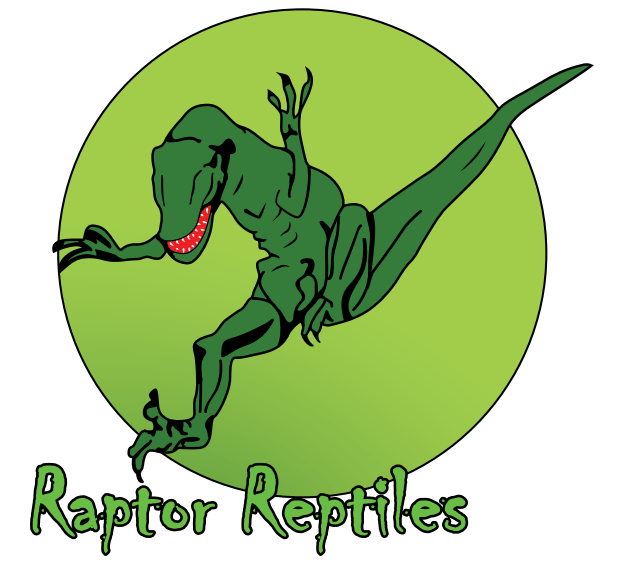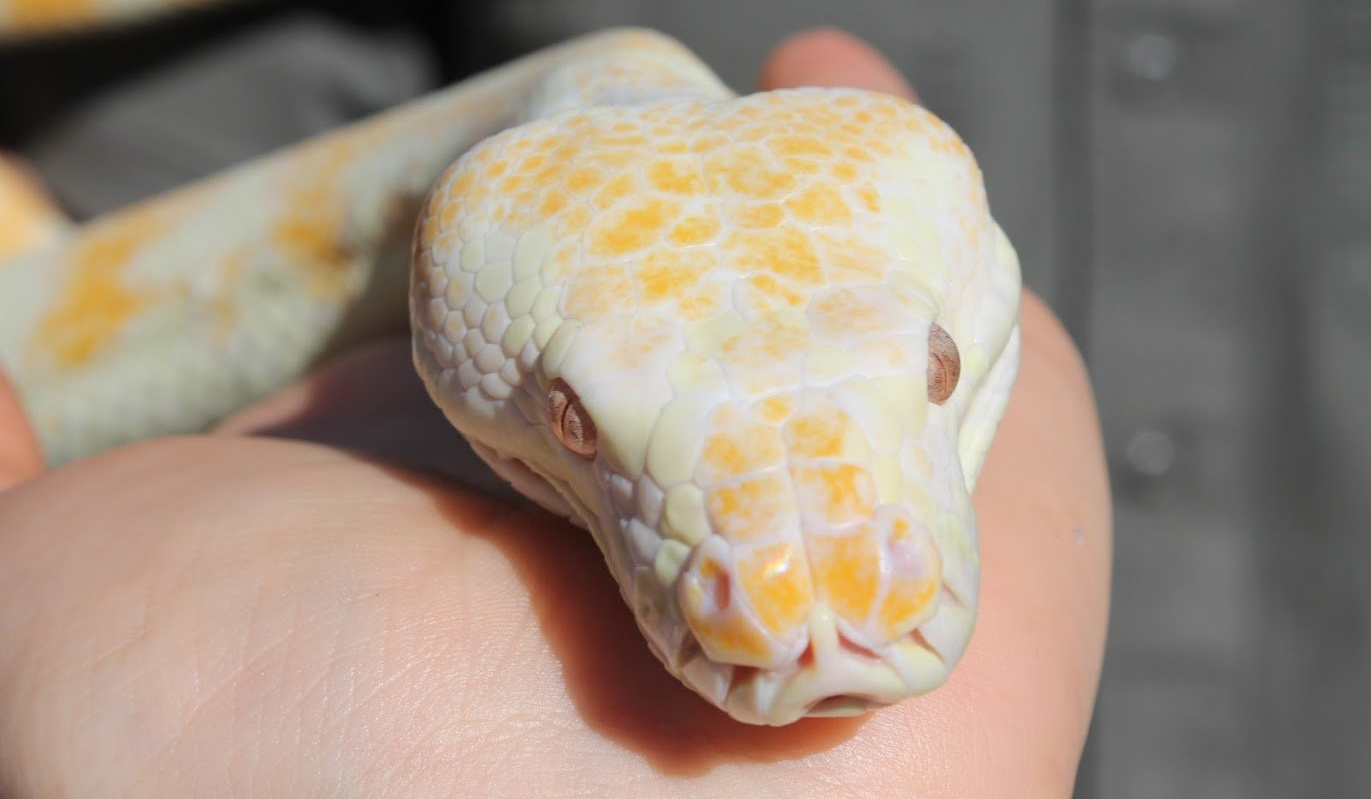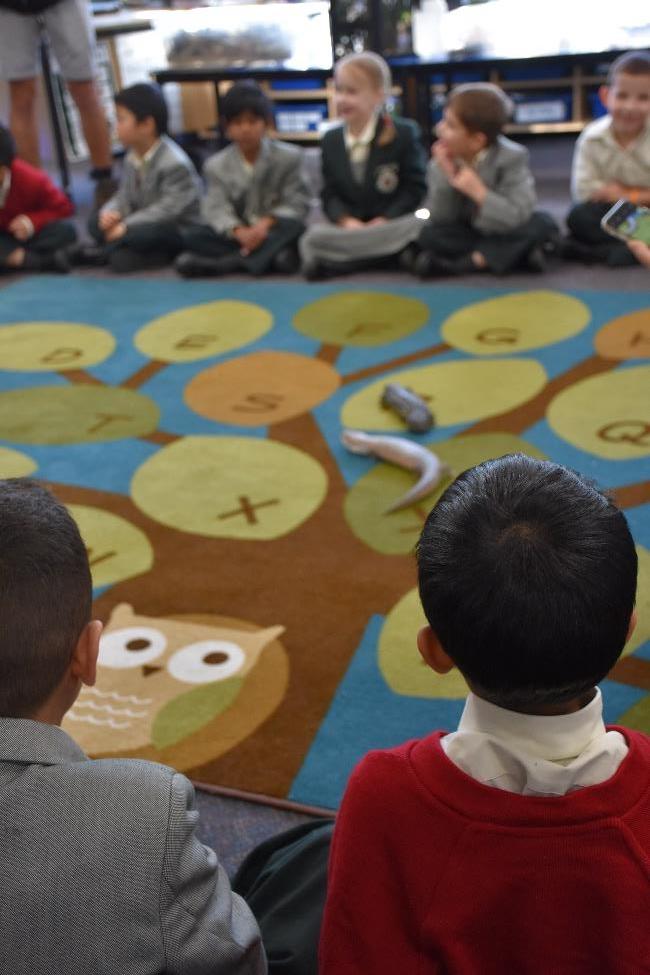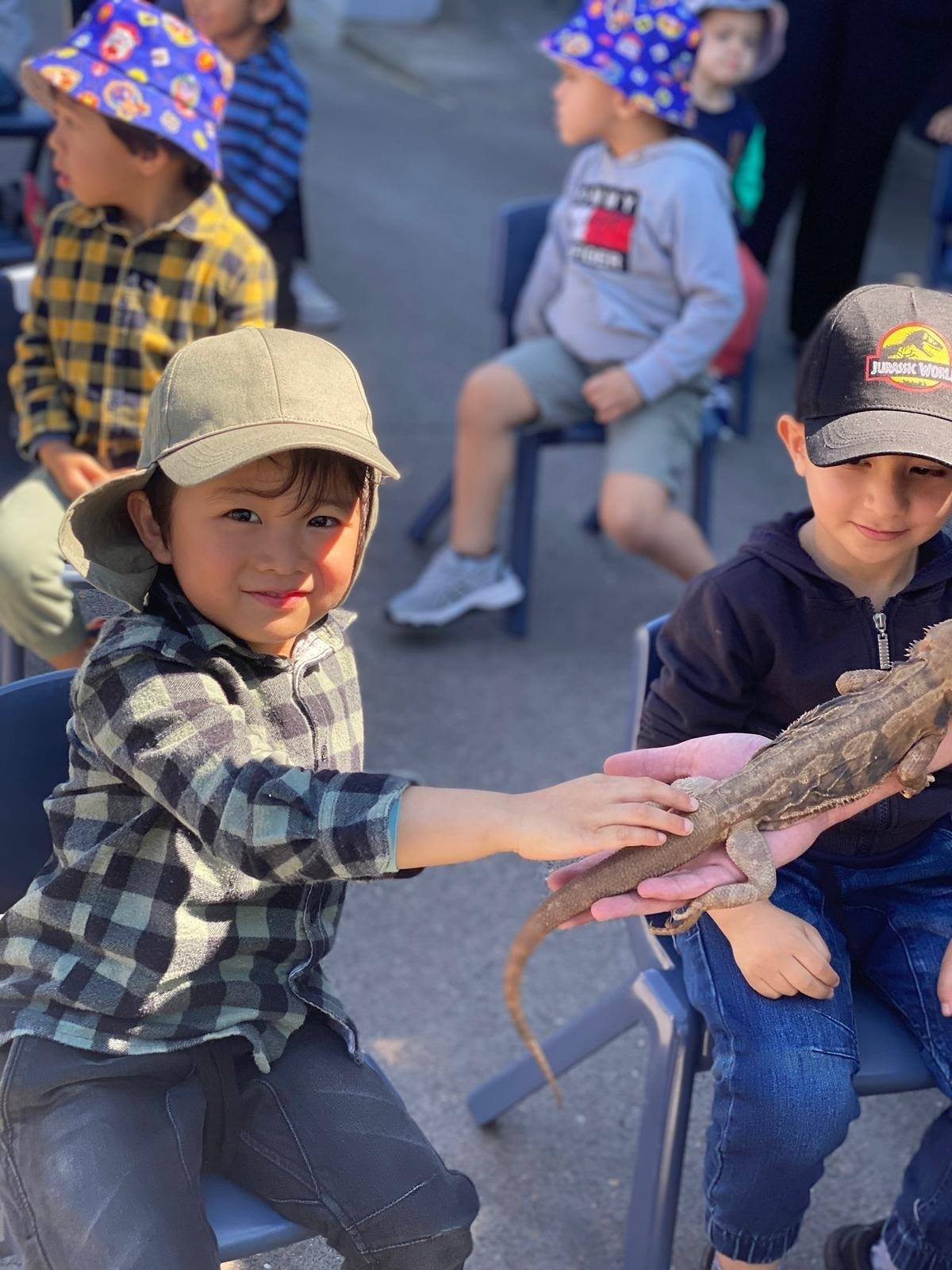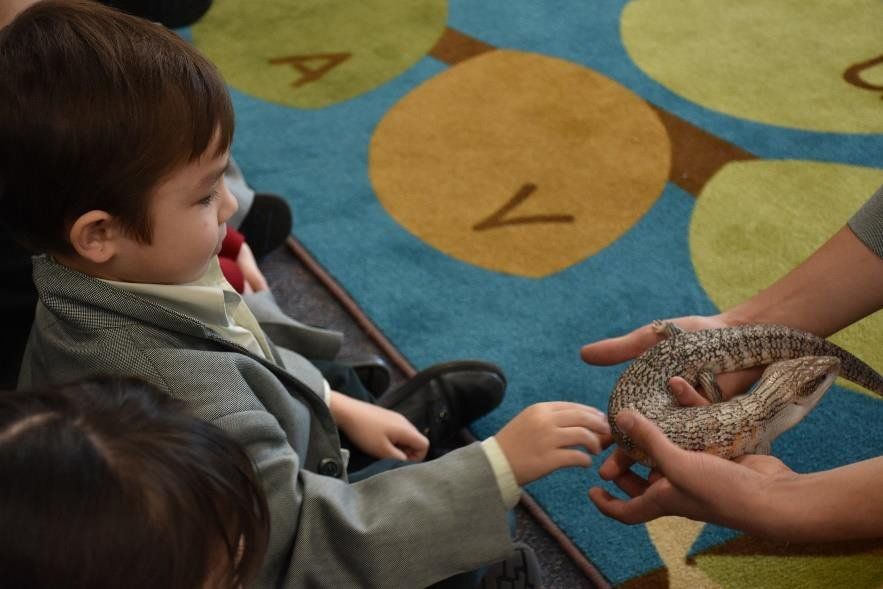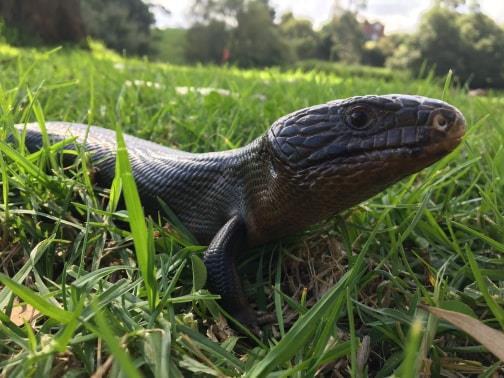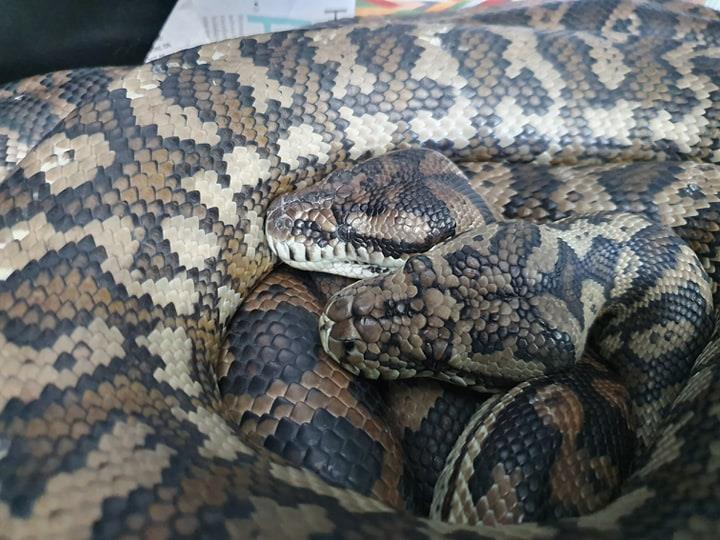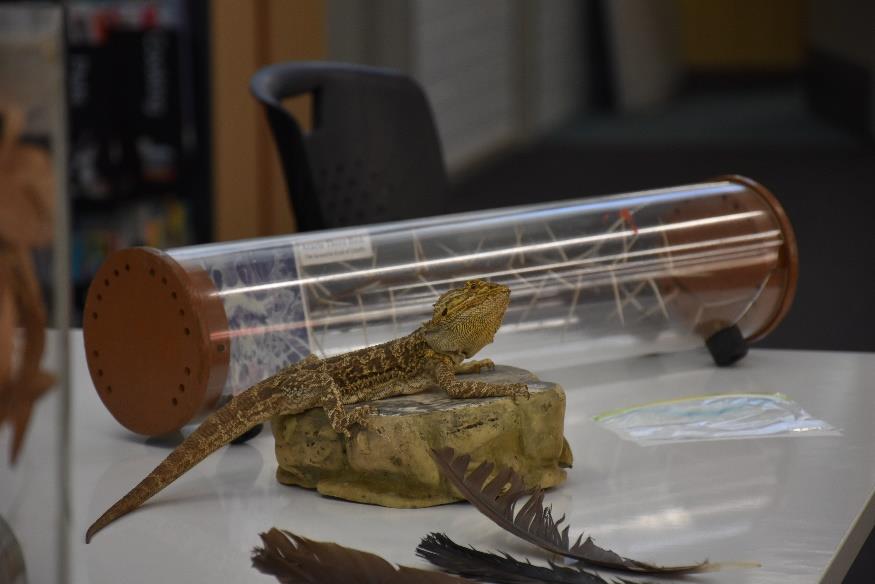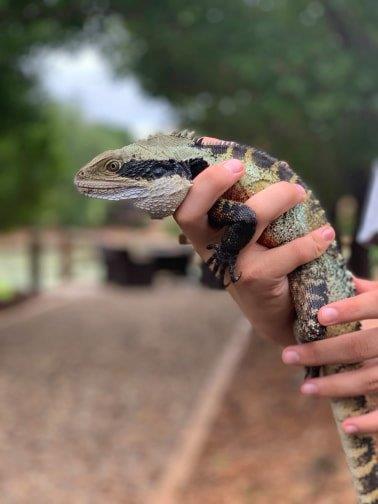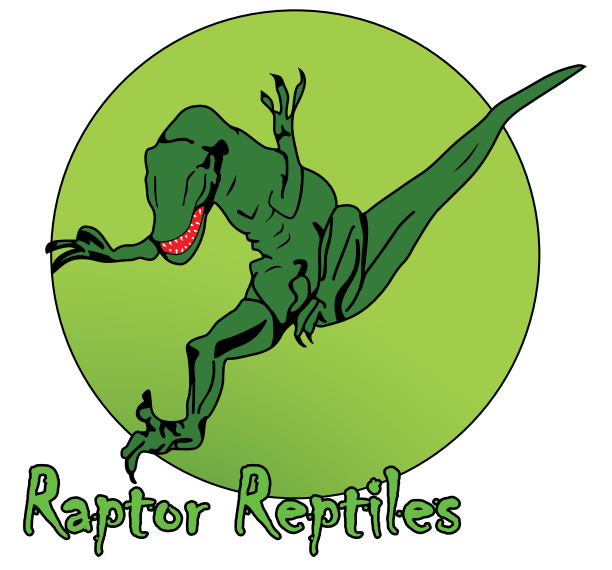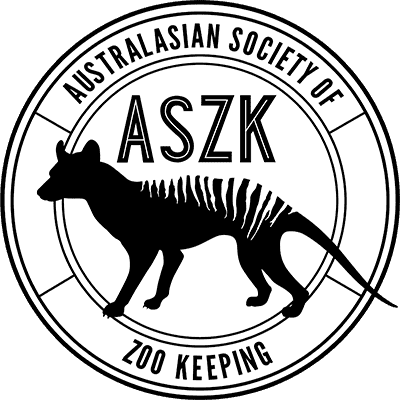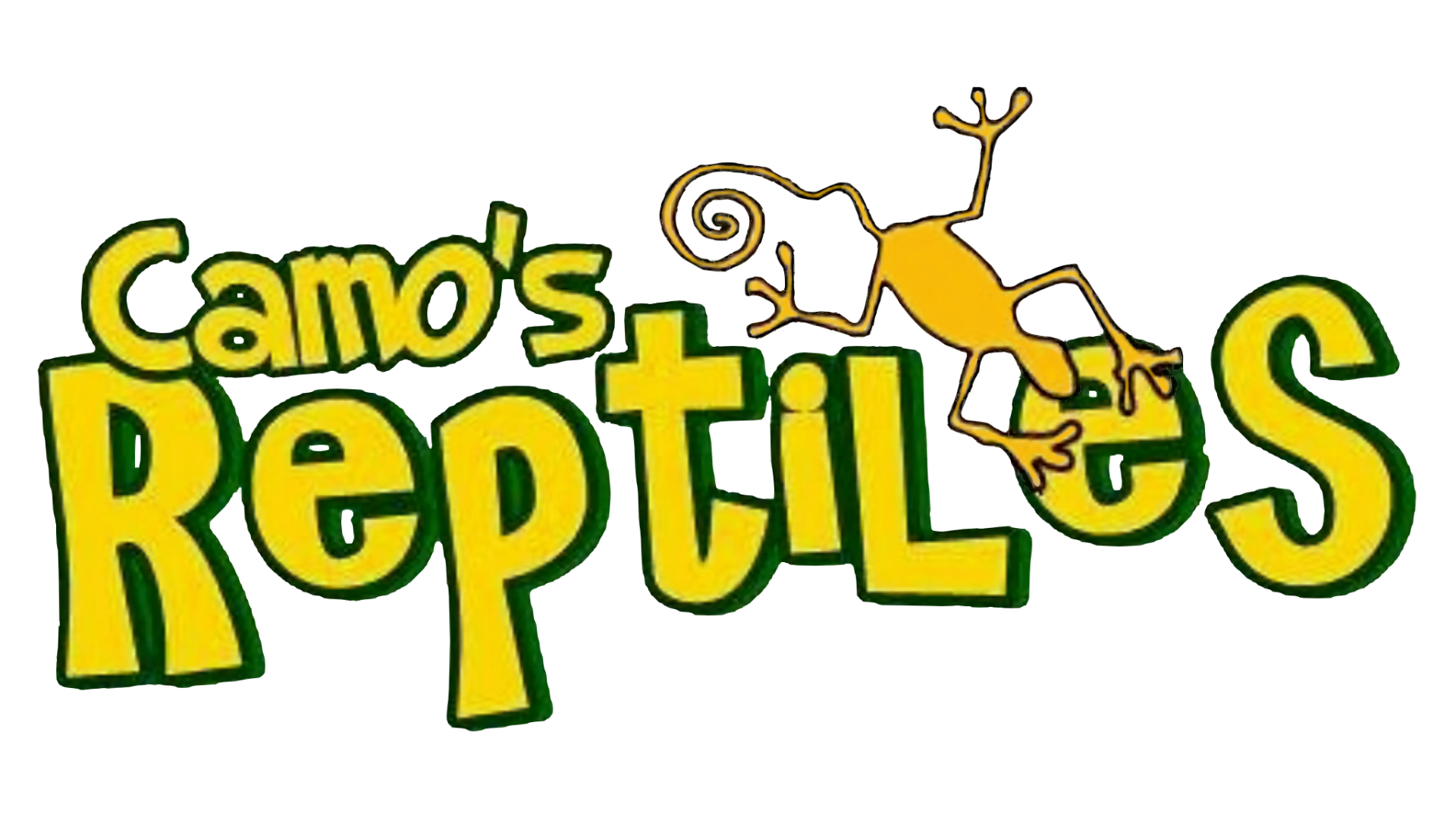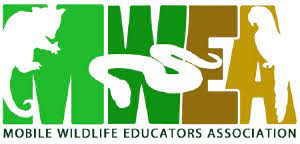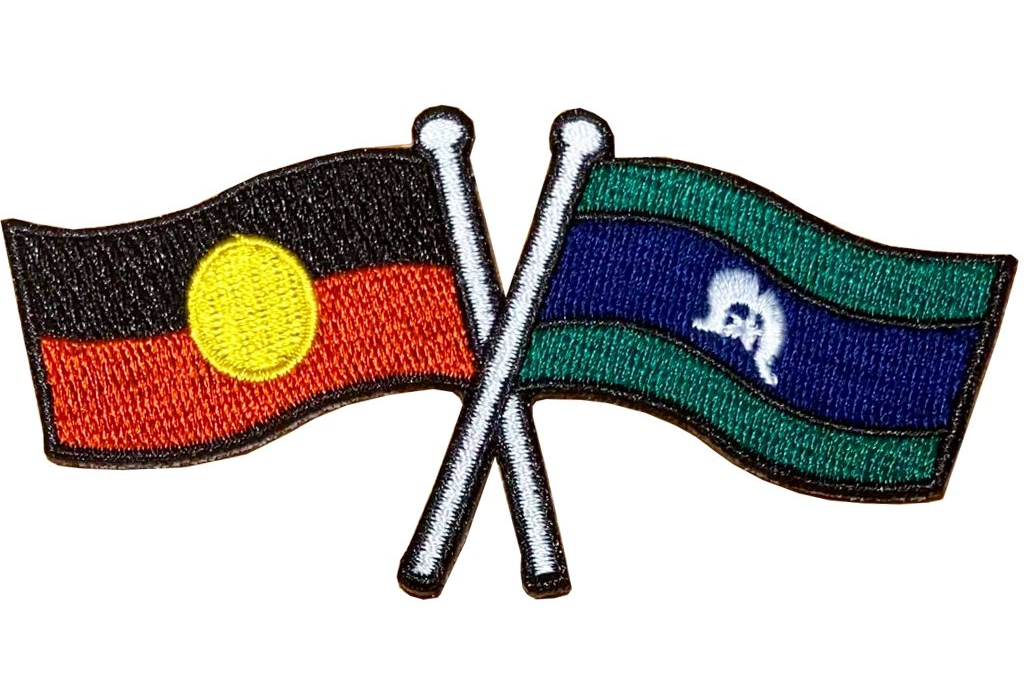ANIMAL EDUCATIONAL ENTERTAINMENT IN SYDNEY
radical reptiles
NAIDOC EXPERIENCE
Backyard bugs
Investigate the incredible world of insects with our hands-on bug experience. From stick insects and tarantulas to giant cockroaches and scorpions, we’ve got all the creepy crawlies you need to adventure into the world of our own backyards!
amazing anatomy
Discover the world that lies beneath the skin with our Amazing Anatomy program. Get up close and personal with the bones and bits of real animals from around the world. With a focus on comparative anatomy, this awe-inspiring experience will give you a new appreciation for both the living and the dead!
Geography
- Early Stage 1 (Kindergarten)
My Place, My Home (onsite & virtual)
Celebrate and learn about our countries First National Peoples and their rich culture spanning over 80,000 years. Become enthralled with Stories of Dreamtime about our native wildlife and the land we live on, with the help of some scaly friends. An engaging, meaningful, and interactive day of learning and fun!
- Stage 1 (Years 1-2)
Animals Around the world (onsite & virtual)
Come with us as we travel across the globe and discover earth's weirdest and wackiest animals. Discover how animals and humans alike travel the globe in search of the extraordinary!
- Investigate Australia’s location in the world, for example: (ACHGK009)
- Description of Australia’s location in relation to the world e.g. continents, oceans
- Investigate people’s connections and access to places, for example: (ACHGK013)
- Discussion of why people visit other places (GS)
- Identification of factors influencing people’s accessibility to places e.g. distance (M)
- Examination of how technology has improved people’s access to places
- Draw conclusions based on the interpretation of geographical information sorted into categories (ACHGS010, ACHGS016)
Land, Sea and Sky (onsite)
Celebrate and learn about our countries First National Peoples and their rich culture spanning over 80,000 years. Become enthralled with Stories of Dreamtime about our native wildlife and the worlds of Mother Earth around us, with the help of some scaly friends. An engaging, meaningful, and interactive day of connectiveness and fun!
- Discussion of the natural features of places identified in Aboriginal Dreaming stories and/or creation accounts of the Torres Strait
- Examination of how various cultural groups, including Aboriginal or Torres Strait Islander Peoples, describe weather, seasons or seasonal calendars (VR)
- Investigate connections that people, including Aboriginal and Torres Strait Islander Peoples, have to local and global places, for example: (ACHGK010, ACHGK011, ACHGK012)
- Discussion of Aboriginal and Torres Strait Islander Peoples’ connections with land, sea, and animals of their place
- Description of reasons people are connected to places in Australia and/or countries across the world e.g. birthplace (M)
- Describes features of places and the connections people have with places (GE1-1)
- Stage 2 (Years 3-4)
Smart Sustainability (onsite & virtual)
As the world faces its 7th extinction, people need to choose who, what, and how we can save our natural environment. Explore how we as a species make the impossible decision in the ever-growing fight for conservation.
- Describes the ways people, places and environments interact (GE2-2)
- Examines differing perceptions about the management of places and environments (GE2-3)
- Identification of Countries/Places of Aboriginal and Torres Strait Islander Peoples (M)
- Investigate how the protection of places is influenced by people’s perception of places, for example: (ACHGK018)
- Description of how and why people perceive places differently
- Discussion of how people’s perceptions influence the protection of places in Australia e.g. sacred sites, national parks, world heritage sites
Indigenous Culture (onsite)
Celebrate and learn about our countries First National Peoples and their rich culture spanning over 80,000 years. Become enthralled with Stories of Dreamtime and learn about the deep connections between people, the living and the land with the help of some scaly friends. An engaging, meaningful, and interactive day of learning and fun!
- Investigate Australia’s major natural and human features, for example: (ACHGK014, ACHGK015)
- Description of natural features of Australia e.g. deserts, rivers, mountains (ST, VR)
- Investigate the importance of natural vegetation and natural resources to the environment, animals, and people, for example: (ACHGK021, ACHGK022, ACHGK024)
- Discussion of the importance of natural vegetation and natural resources to people e.g. provision of food, medicine, fuel, timbers, fibres, metals (F)
- Stage 3 (Years 5-6)
Burning Bushfires (onsite & virtual)
Australia is one of the most fire-prone regions of the world. Learn how Australia’s most iconic plants and animals have learned to adapt and how us has humans have learned to control the flames.
- Investigate the impact of ONE contemporary bushfire hazard in Australia, for example: (ACHGK030)
- Identification of the location and extent of the disaster (M, ST)
- Description of the impact of the disaster on natural vegetation and the damage caused to communities (VR)
- Examination of how people can prevent and minimise the effects of a bushfire
- Explains interactions and connections between people, places and environments (GE3-2)
- compares and contrasts influences on the management of places and environments (GE3-3)
Indigenous Culture (onsite)
Celebrate and learn about our countries First National Peoples and their rich culture spanning over 80,000 years. Become enthralled with Stories of Dreamtime about our native wildlife and the land we live on, with the help of some scaly friends. An engaging, meaningful, and interactive day of learning and fun!
- Describes the diverse features and characteristics of places and environments (GE3-1)
- Explains interactions and connections between people, places, and environments (GE3-2)
- Investigate the world’s cultural diversity, including the cultures of Indigenous Peoples, for example: (ACHGK033)
- Identification of various cultural groups, including Indigenous cultural groups (M, VR)
- Examination of various cultures e.g. customs, beliefs, social organisation
- Stage 4 (Years 7-8)
Indigenous Culture (onsite)
Celebrate and learn about our countries First National Peoples and their rich culture spanning over 80,000 years. Become enthralled with Stories of Dreamtime about our native wildlife and the land we live on, with the help of some scaly friends. An engaging, meaningful, and interactive day of learning and fun!
- Examines perspectives of people and organisations on a range of geographical issues (GE4-4)
- Communicates geographical information using a variety of strategies (GE4-8)
- Investigate the aesthetic, cultural, spiritual, and economic value of landscapes and landforms for people, including Aboriginal and Torres Strait Islander Peoples, for example: (ACHGK049)
- Explanation of the aesthetic value of landscapes and landforms to culture and identity
- Description of the cultural and spiritual value of landscapes or landforms in different places (VR)
- Investigate ways people, including Aboriginal and Torres Strait Islander Peoples, manage and protect landscapes, for example: (ACHGK052)
- Assessment of the contribution of Aboriginal and Torres Strait Islander Peoples’ knowledge to the use and management of an Australian landscape or landform
- Investigate the economic, cultural, spiritual, and aesthetic values of water for people, including Aboriginal and Torres Strait Islander Peoples and/or peoples of the Asia region, for example: (ACHGK041)
- Description of the ways water is used by people e.g. agricultural, commercial, industrial, and recreational uses (VR)
- Discussion of variations in people’s perceptions about the value of water e.g. economic versus aesthetic
- Comparison of the importance of water to ONE Aboriginal or Torres Strait Islander community
- Stage 4-5 (Years 7-10) -Elective Geography
Onward Oceans (onsite)
Dive deep and discover the breathtaking habitats of the world’s oceans and the life that calls it home. This Oceanography Investigative Study will help students, identify, examine, investigate, and evaluate the Depletion of Biodiversity across the world oceans.
- Oceanography Investigative Study – Depletion of Biodiversity
- Discussion of Aboriginal, Torres Strait Islander and other Indigenous Peoples’ rights in relation to oceans
- Discussion of the value of oceans as part of the ‘global commons’
- Investigate features of the world’s oceans, for example:
- Description of the spatial distribution of the world’s oceans and ocean currents (M)
- Examination of the major physical features of the ocean floor (VR)
- Comparison of contrasting ocean ecosystems (VR)
- Investigate the importance of the world’s oceans, for example:
- Explanation of the link between ocean currents and global climate (M)
- Discussion of the value of the ocean as a habitat for marine species (GS, VR)
- Analysis of the economic value of ocean resources (GS)
- Explains the diverse features and characteristics of a range of places, environments, and activities (GEE5-1)
- Assesses the interactions & connections between people, places, and environments that impact on sustainability (GEE5-4)
- Accounts for contemporary geographical issues and events that impact on places and environments (GEE5-5)
- Analyses management strategies and the roles and responsibilities of individuals, groups, and governments in response to geographical issues (GEE5-7)
SCIENCE
- Early Stage 1 (Kindergarten)
Natures Superpowers (onsite & virtual)
Over millions of years, life has found a way to survive in every corner of the planet. Dive into the secrets of the sands and the wonders of the waterways as we take you into some of Australia’s harshest habitats and how life has learnt to survive.
- Explores the characteristics, needs & uses of living things (Ste-3LW-ST)
- Recognise living things have basic needs such as air, food & water (ACSSU002)
- Communicate observations of living things in the environment
Seasons Changing (onsite & virtual)
As the weather changes, so does the world around us. Discover how animals act when faced with torrential rain and scorching sun.
- Identifies how daily & seasonal changes in the environment affect living things (Ste-6ES-E)
- Recognise living things have basic needs such as air, food & water (ACSSU002)
- Observe how daily & seasonal changes affect the environment
- Identify living things & external features of plants & animals in the local environment
- Stage 1 (Years 1-2)
Animal Adaptations (onsite & virtual)
Over millions of years, life has found a way to survive in every corner of the planet. Dive into the secrets of the sands and the wonders of the waterways as we take you into some of Australia’s harshest habitats and how life has learnt to survive.
- Describes observable features of living things & their environments (ST1-4LW-S)
- Respond to questions and make predictions about familiar objects and events (ACSIS024, ACSIS037)
- Describe the external features of a variety of living things (ACSSU017)
- Identify that living things live in different places that suit their needs (ACSSU211)
Life Cycles (onsite & virtual)
Have a glimpse into the fascinating lives of earths bugs, reptiles and more. Learn how they grow and change into the animals we see today.
- Observes, collects and questions data to communicate and compare ideas (ST1-1WS-S)
- Use equipment to develop solutions for a need (ST1-2DP-T)
- Describes observable features of living things & their environments (ST1-4LW-S)
- Explore & answer questions through participation in guided scientific investigations (ACSIS025, ACSIS038)
- Features of living things, their environments & how they change and reproduce
- Explore how living things grow, change and have offspring (ACSSU030)
Indigenous Culture (onsite)
Celebrate and learn about our countries First National Peoples and their rich culture spanning over 80,000 years. Become enthralled with Stories of Dreamtime about our native wildlife and the land we live on, with the help of some scaly friends. An engaging, meaningful, and interactive day of learning and fun!
- Respond to questions and make predictions about familiar objects and events (ACSIS024, ACSIS037)
- Understanding how living things & their environment play a central role in the support for humans
- Recognise people use science to care for the environment & living things (ACSHE022, ACSHE035)
- Explore the plants & animals used in customary practices of Aboriginal and Torres Strait Islander Peoples
- Identify a range of natural materials used by Aboriginal and/or Torres Strait Islander People for specific cultural purposes
Animal Husbandry (onsite)
Discover what it takes for an animal to survive and create an environment to carer to the needs of both wild and captive animals.
- Use equipment to develop solutions for a need (ST1-2DP-T)
- Describes observable features of living things & their environments (ST1-4LW-S)
- Consider sustainability when producing solutions (ACTDEP007)
- Develop collaboration skills to effectively conduct investigations
- Identify that living things live in different places that suit their needs (ACSSU211)
- Design & produce an environment to cater for the needs of a living thing
- Encouraging the return of a living thing to a local habitat
- Recognise people use science to care for the environment & living things (ACSHE022, ACSHE035)
- Stage 2 (Years 3-4)
Animal Adaptations (onsite & virtual)
Over millions of years, life has found a way to survive in every corner of the planet. Dive into the secrets of the sands and the wonders of the waterways as we take you into some of Australia’s harshest habitats and how life has learnt to survive.
- Compares features & characteristic of living and non-living things (ST2-4LW-S)
- Defines problems to develop solutions (ST2-3DP-T)
- Identify the science involved with making predictions and describing patterns and relationships (ASCHE050, ACSHE061)
- Describe how living things depend on each other and the environment to survive
Working Scientifically (onsite & virtual)
Surround yourself in the amazing world of science and learn about the natural world around us. Explore the amazing secrets of the ordinary and learn how the world around us has adapted through time and became to be as it is today.
- Questions, plans & conducts scientific investigation & communicates using scientific representations (ST2-1WS-S)
- Selects and use equipment to develop solutions for a need (ST2-2DP-T)
- Compares features & characteristic of living and non-living things (ST2-4LW-S)
- Suggest possible reasons for findings (ACSIS215, ACSIS216)
- Investigate why the earths surface changes over time as a result of natural processes and human activity
Life Cycles (onsite & virtual)
Have a glimpse into the fascinating lives of earths bugs, reptiles and more. Learn how they grow and change into the animals we see today.
- Questions, plans & conducts scientific investigation & communicates using scientific representations (ST2-1WS-S)
- Suggest possible reasons for findings (ACSIS215, ACSIS216)
- Identify the science involved with making predictions and describing patterns and relationships (ASCHE050, ACSHE061)
- Identify that living things have life cycles (ACSSU072)
- Explore the similarities and differences between the life cycles of living things
Indigenous Culture (onsite)
Celebrate and learn about our countries First National Peoples and their rich culture spanning over 80,000 years. Become enthralled with Stories of Dreamtime about our native wildlife and the land we live on, with the help of some scaly friends. An engaging, meaningful, and interactive day of learning and fun!
- Describe how living things depend on each other and the environment to survive
- Investigate why the earths surface changes over time as a result of natural processes and human activity
- Stage 3 (Years 5-6)
Animal Adaptations (onsite & virtual)
Over millions of years, life has found a way to survive in every corner of the planet. Dive into the secrets of the sands and the wonders of the waterways as we take you into some of Australia’s harshest habitats and how life has learnt to survive.
- Examines how the environment affects the growth, survival & adaptation of living things (ST3-4LW-S)
- Understand that scientific knowledge is used to solve problems and inform personal and community decisions (ACSHE083, ACSHE100)
- Describe adaptations as existing structures or behaviours that enable living things to survive in their environment (ACSSU043)
Working Scientifically (onsite & virtual)
Surround yourself in the amazing world of science and learn about the natural world around us. Explore the amazing secrets of the ordinary and learn how the world around us has adapted through time and became to be as it is today.
- Plans & conducts scientific investigations to answer testable questions & collects and summarises data to communicate conclusions (ST3-1WS-S)
- Defines problems and designs to develop solutions (ST2-3DP-T)
- Examines how the environment affects the growth, survival & adaptation of living things (ST3-4LW-S)
- Describe adaptations as existing structures or behaviours that enable living things to survive in their environment (ACSSU043)
Climate Crisis (onsite & virtual)
As global sea levels and temperatures rise, the worlds animals are left in a difficult situation. Fighting for survival in a fast-changing world, animals are forced to adapt or face earths 7th extinction.
- Plans & conducts scientific investigations to answer testable questions & collects and summarises data to communicate conclusions (ST3-1WS-S)
- Plans and use equipment to develop solutions for a need (ST2-2DP-T)
- Defines problems and designs to develop solutions (ST2-3DP-T)
- Examines how the environment affects the growth, survival & adaptation of living things (ST3-4LW-S)
- Understand that scientific knowledge is used to solve problems and inform personal and community decisions (ACSHE083, ACSHE100)
- Describe how changing physical conditions in the environment affect the growth and survival of living things
- Explain a sustainable practice used by Aboriginal and/or Torres Strait Islander communities to manage food and fibre resources
Indigenous Culture (onsite)
Celebrate and learn about our countries First National Peoples and their rich culture spanning over 80,000 years. Become enthralled with Stories of Dreamtime about our native wildlife and the land we live on, with the help of some scaly friends. An engaging, meaningful, and interactive day of learning and fun!
- Explain a sustainable practice used by Aboriginal and/or Torres Strait Islander communities to manage food and fibre resources
- Stage 4 (Years 7-8)
Animal Adaptations (onsite & virtual)
Over millions of years, life has found a way to survive in every corner of the planet. Dive into the secrets of the sands and the wonders of the waterways as we take you into some of Australia’s harshest habitats and how life has learnt to survive.
- explain how the features of some Australian plants and animals are adaptations for survival and reproduction in their environment (ACSSU111)
- explains how new biological evidence changes people's understanding of the world (SC4-15LW)
- predict how human activities can affect interactions in food chains and food webs, including examples from Australian land or marine ecosystems (ACSSU112)
- recount how evidence from a scientific discovery has changed understanding and contributed to solving a real world problem, eg animal or plant disease, hygiene, food preservation, sewage treatment or biotechnology (ACSHE119, ACSHE134)
- using scientific understanding to identify relationships and draw conclusions based on students' data or secondary sources (ACSIS130, ACSIS145)
- explain, using examples, how scientific evidence and/or technological developments contribute to developing solutions to manage the impact of natural events on Australian ecosystems
Food Chains & Food Webs (onsite & virtual)
As the old saying goes; “There’s always a bigger fish out there”. Join us as we track through food chains and branch out food webs, discovering the intricate connections amongst all living things in an effort for survival.
- explains how new biological evidence changes people's understanding of the world (SC4-15LW)
- construct and interpret food chains and food webs, including examples from Australian ecosystems
- describe interactions between organisms in food chains and food webs, including producers, consumers and decomposers (ACSSU112)
- predict how human activities can affect interactions in food chains and food webs, including examples from Australian land or marine ecosystems (ACSSU112)
- using scientific understanding to identify relationships and draw conclusions based on students' data or secondary sources (ACSIS130, ACSIS145)
Captivating Classification (onsite)
For years, scientists have tried to make sense of earths living creatures through the study of the living and dead. With the help of our scaly friends and some genuine animal artifacts, we will discover and try to classify earths creatures through the methods of science.
- relates the structure and function of living things to their classification, survival and reproduction (SC4-14LW)
- identify reasons for classifying living things (ACSSU111)
- classify a variety of living things based on similarities and differences in structural features (ACSSU111)
- use simple keys to identify a range of animals (ACSSU111)
- outline the structural features used to group living things, including animals (ACSSU111)
- explains how new biological evidence changes people's understanding of the world (SC4-15LW)
- design and construct simple keys to identify a range of living things
- identify, using an example of an organism or group of organisms, where the classification has changed as a result of new evidence from technological developments, scientific discoveries and/or advances in scientific understanding
- collaboratively and individually conducting a range of investigation types, including fieldwork and experiments, ensuring safety and ethical guidelines are followed (ACSIS125, ACSIS140)
- follows a sequence of instructions to safely undertake a range of investigation types, collaboratively and individually (SC4-6WS)
- describing safety and ethical guidelines to be addressed
- processes and analyses data from a first-hand investigation and secondary sources to identify trends, patterns and relationships, and draw conclusions (SC4-7WS)
- using scientific understanding to identify relationships and draw conclusions based on students' data or secondary sources (ACSIS130, ACSIS145)
Indigenous Culture (onsite)
Celebrate and learn about our countries First National Peoples and their rich culture spanning over 80,000 years. Become enthralled with Stories of Dreamtime about our native wildlife and the land we live on, with the help of some scaly friends. An engaging, meaningful, and interactive day of learning and fun!
- demonstrate, using examples, how ideas by people from different cultures have contributed to the current understanding of the solar system
- research how Aboriginal and Torres Strait Islander Peoples' knowledge is being used in decisions to care for country and place, eg terrestrial and aquatic resource management
- explains how new biological evidence changes people's understanding of the world (SC4-15LW)
- discuss how the observations and understanding of the structure, function and life cycles of native plants are used by Aboriginal and Torres Strait Islander Peoples
- investigate how people in different cultures in the past have applied their knowledge of the properties of elements and compounds to their use in everyday life, eg utensils, weapons and tools
- research how a knowledge of physical properties of natural materials is used by Aboriginal and Torres Strait Islander Peoples in everyday life, eg tools, weapons, utensils, shelter, housing or bush medicine
- Stage 5 (Years 9-10)
Animal Adaptations (onsite & virtual)
Over millions of years, life has found a way to survive in every corner of the planet. Dive into the secrets of the sands and the wonders of the waterways as we take you into some of Australia’s harshest habitats and how life has learnt to survive.
- describe some examples of how multicellular organisms respond to changes in their environment (ACSSU175)
- describe how the coordinated function of internal systems in multicellular organisms provides cells with requirements for life, including gases, nutrients and water, and removes cell wastes
- describe scientific evidence that present-day organisms have evolved from organisms in the past (ACSSU185)
- recall that ecosystems consist of communities of interdependent organisms and abiotic components of the environment (ACSSU176)
Ecosystem Energy (onsite & virtual)
As ecosystems function, energy is transferred between species, environment and across the planet. Discover the entangled connection between all of life’s creatures from massive mammals to miniscule microbes.
- describe how the coordinated function of internal systems in multicellular organisms provides cells with requirements for life, including gases, nutrients, and water, and removes cell wastes
- recall that ecosystems consist of communities of interdependent organisms and abiotic components of the environment (ACSSU176)
- outline using examples how matter is cycled through ecosystems such as nitrogen (ACSSU176)
- describe how energy flows through ecosystems, including input and output through food webs (ACSSU176)
- analyse how changes in some biotic and abiotic components of an ecosystem affect populations and/or communities
Natural Selection (onsite & virtual)
‘On The Origin of Species” by Charles Darwin is arguably one of the most important pieces of scientific literature every written. Take a dive into the past and discover for yourself Darwin’s most revolutionary Theory, Natural Selection.
- describe scientific evidence that present-day organisms have evolved from organisms in the past (ACSSU185)
- explain, using examples, how natural selection relates to changes in a population, eg in the development of resistance of bacteria to antibiotics and insects to pesticides (ACSSU185)
- outline the roles of genes and environmental factors in the survival of organisms in a population (ACSSU185)
- investigate how models can be used to predict the changes in populations due to environmental changes, eg the impact of fire or flooding, introduction of a disease or predator
- discuss the strengths and limitations of using models to make predictions about changes in biological systems
Indigenous Culture (onsite)
Celebrate and learn about our countries First National Peoples and their rich culture spanning over 80,000 years. Become enthralled with Stories of Dreamtime about our native wildlife and the land we live on, with the help of some scaly friends. An engaging, meaningful, and interactive day of learning and fun!
- assess ways that Aboriginal and Torres Strait Islander Peoples' cultural practices and knowledge of the environment contribute to the conservation and management of sustainable ecosystems
Wildlife Awareness Workshop
Get up close and personal with some of the common critters that you may encounter in your day-to-day life. Whilst we will not be bringing any highly venomous snakes, we will be discussing snake safety as well as First Aid, and how to live and work safely with wildlife.
OUR SERVICES
- School Incursions
- Birthday Parties
- NAIDOC Shows
- Science Days
- Special Needs Groups
- School Fetes
- Fundraising Events
- Private Functions
- Wildlife Workshops
- Community Shows
- Animal Expos
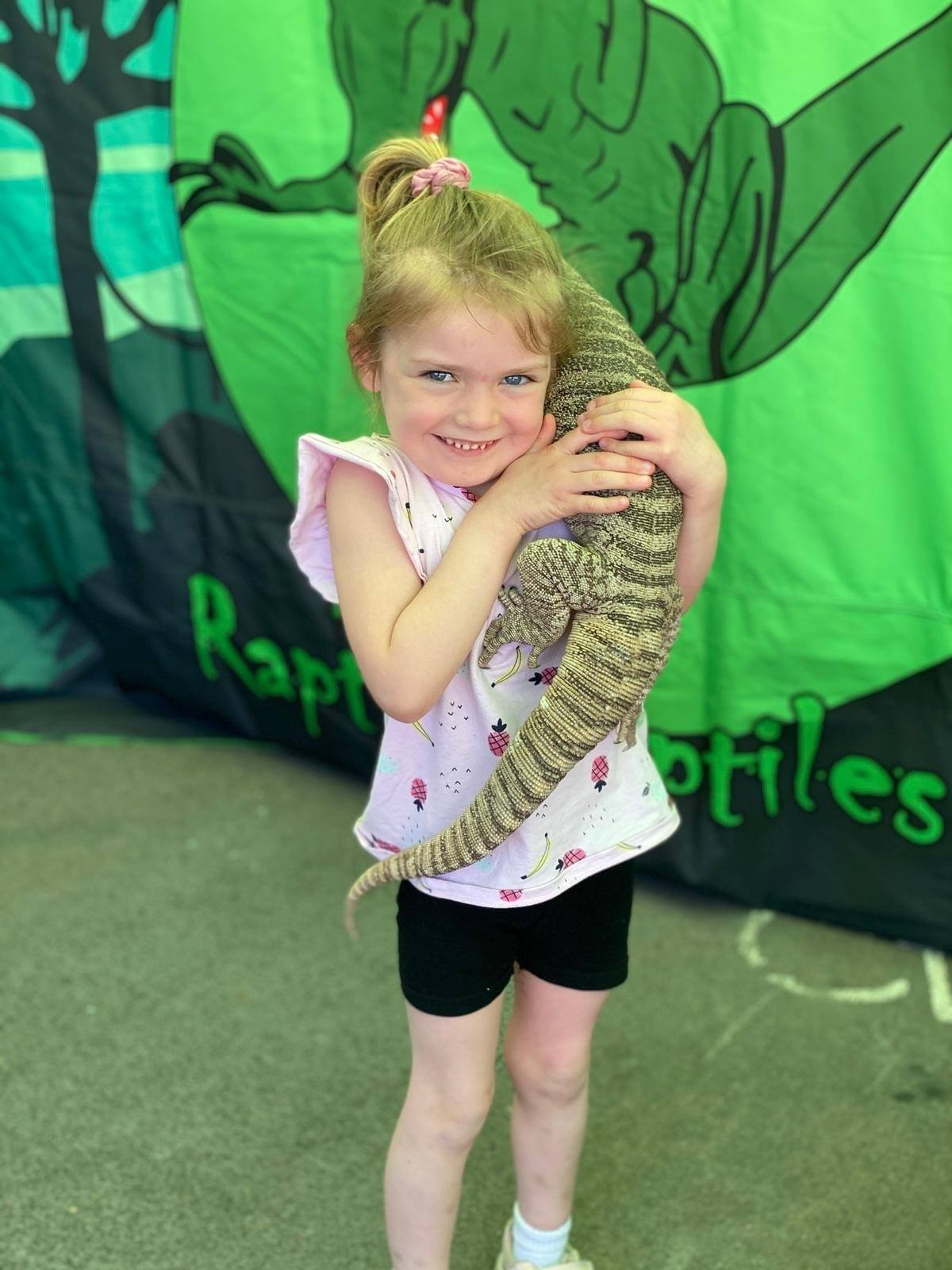
Slide title
Write your caption hereButton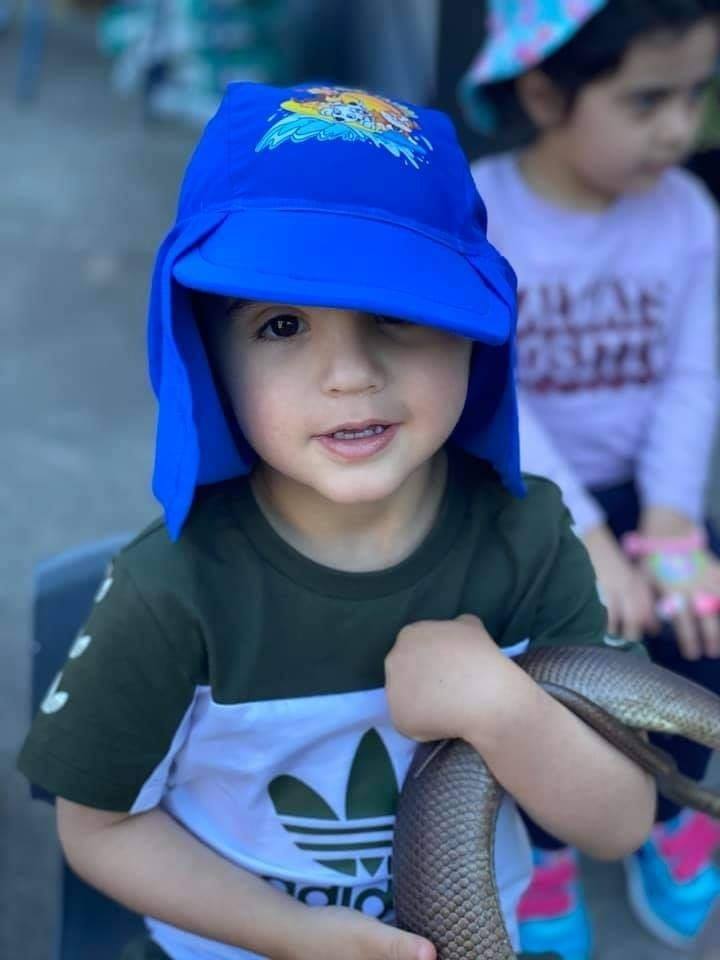
Slide title
Write your caption hereButton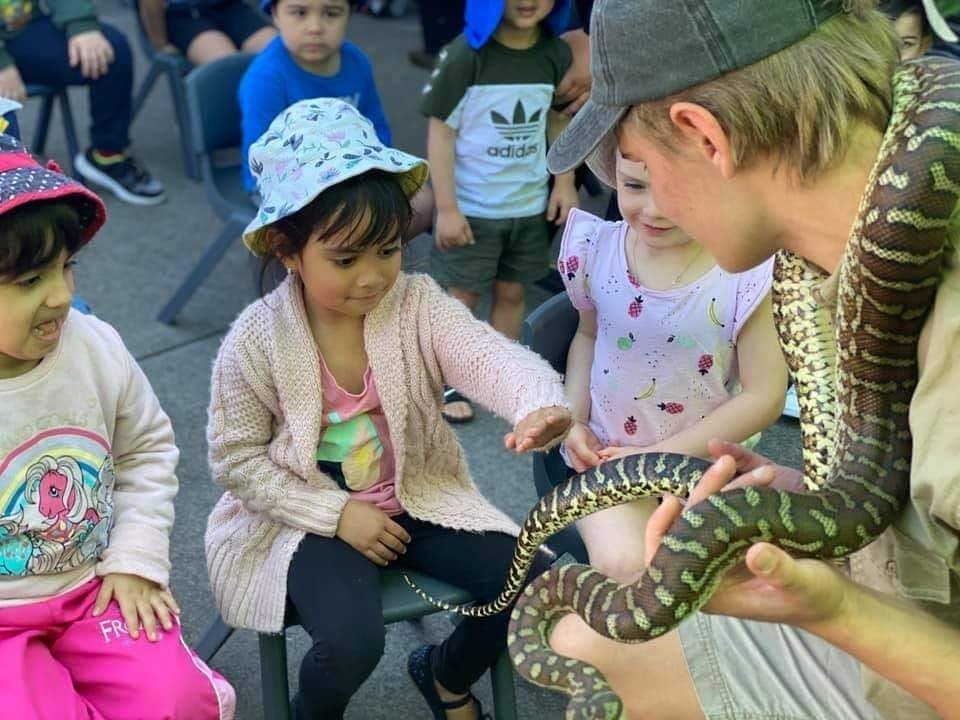
Slide title
Write your caption hereButton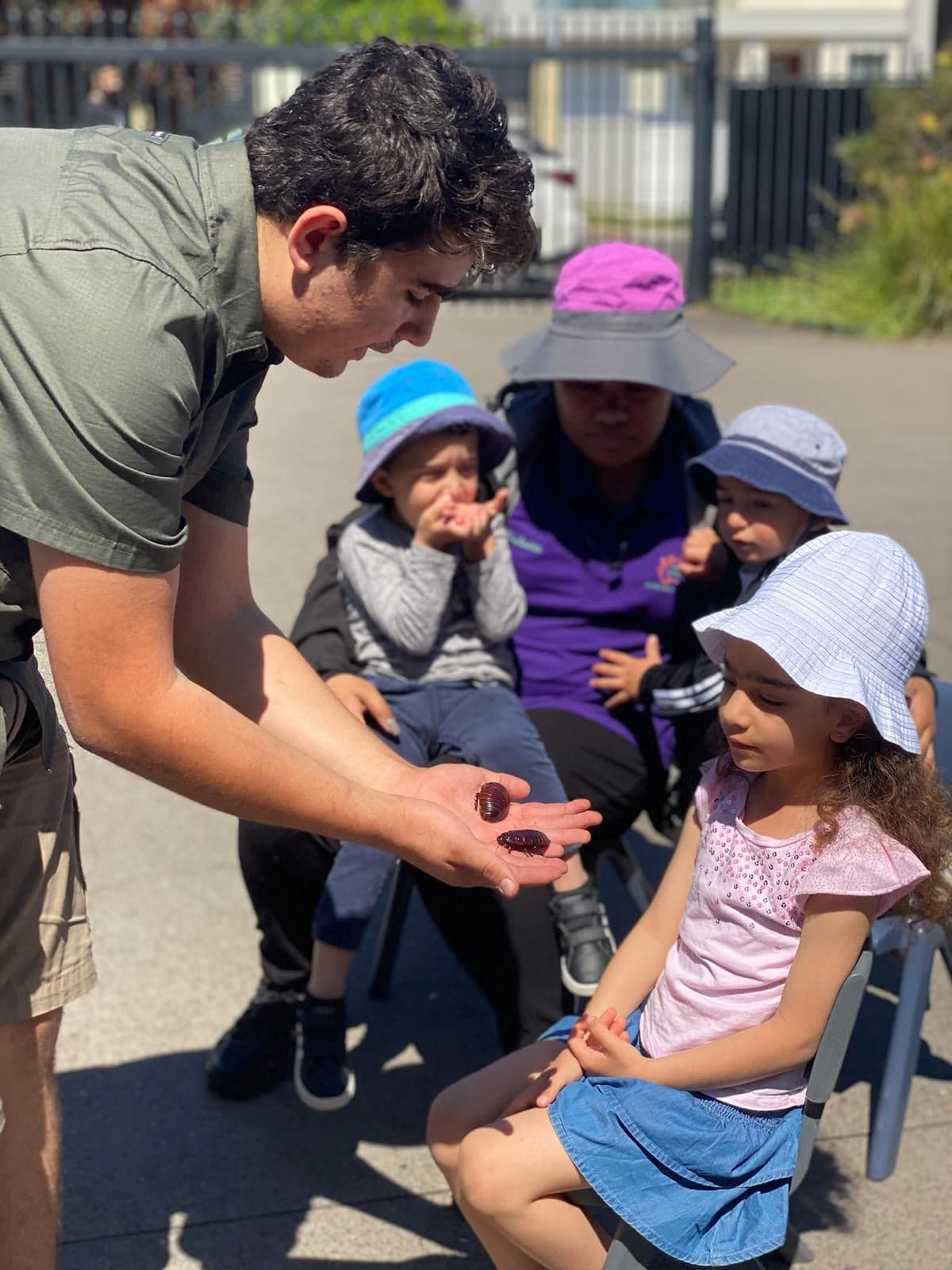
Slide title
Write your caption hereButton
